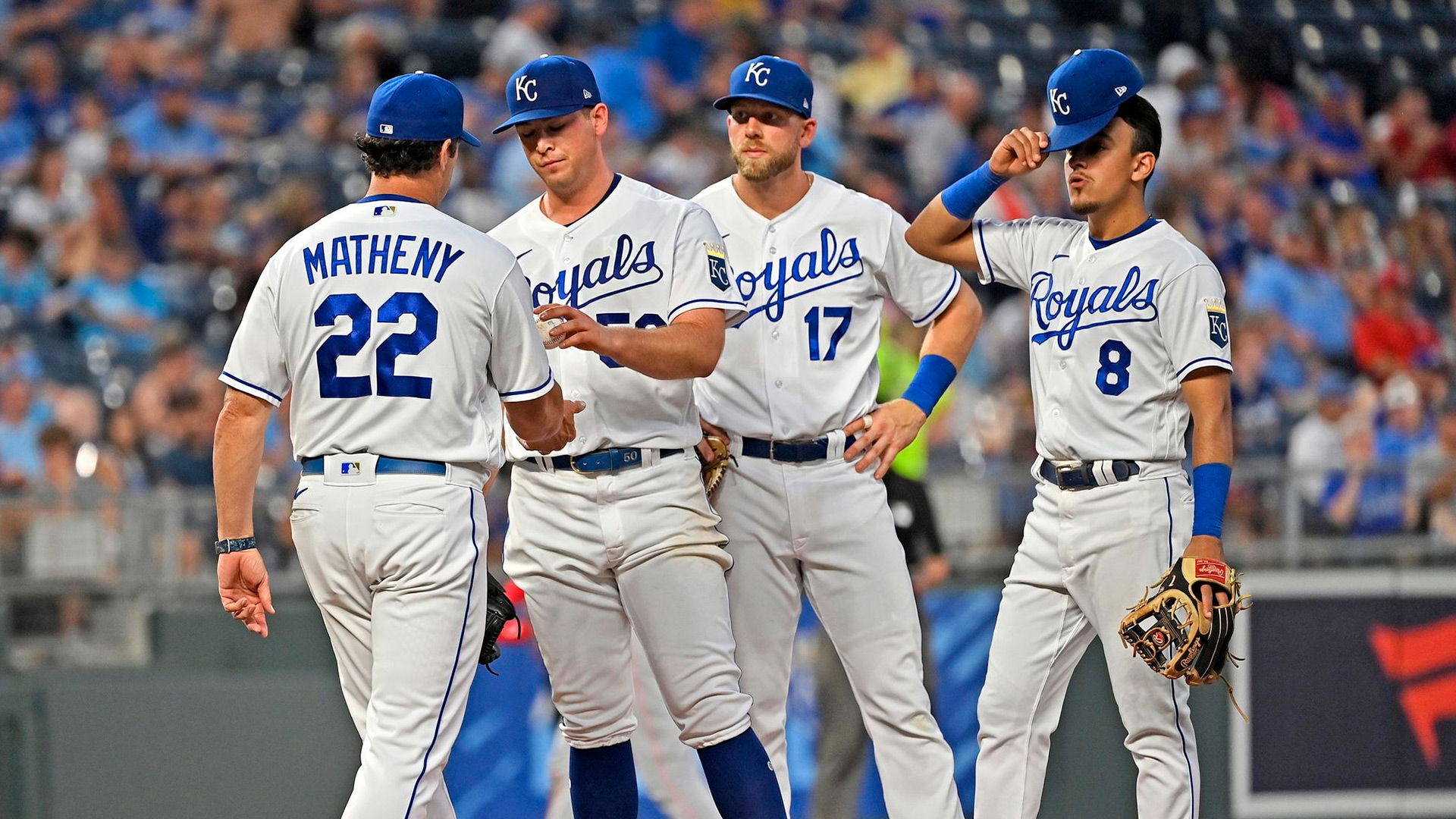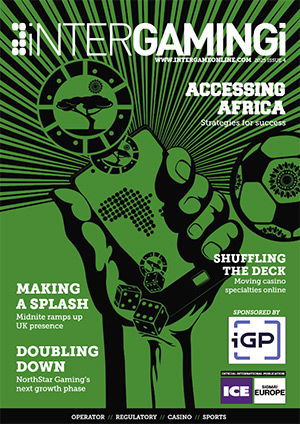Brazil begins debate on betting tax hike with joint committee hearings set for August

The National Congress of Brazil has officially installed a Joint Committee to evaluate a controversial Provisional Measure (MP) that proposes significant changes to the taxation of betting and financial investments, including a planned increase in the tax on sports betting and online gaming from 12% to 18%. The new rate is scheduled to take effect in October 2025.
Senator Renan Calheiros has been appointed to chair the committee, while Deputy Carlos Zarattini will serve as the rapporteur. The position of vice president remains unfilled.
The committee will hold a series of four public hearings in August to gather input and assess the implications of the measure. The first session, slated for August 7, is expected to feature a representative from the Ministry of Finance.
Subsequent hearings will address topics such as the taxation of currently exempt financial instruments, the increase in the Social Contribution on Net Income (CSLL), the specific taxation of betting activities, and seasonal fishing insurance, which will be discussed on August 20.
The Provisional Measure was introduced to compensate for the rollback of an earlier decree that raised the IOF (Financial Operations Tax) on a range of transactions. That decree faced immediate pushback in both Congress and financial markets, prompting the government to revise its approach and narrow the scope of the proposed tax hikes.
Under the MP, taxes would be lowered for certain investment products like VGBL-type insurance policies, while taxes would be raised on digital betting platforms, crypto assets, and previously exempt instruments such as Real Estate Credit Notes (LCIs) and Agricultural Credit Notes (LCAs).
The betting industry has warned that the proposed tax hike could have adverse effects. Sector representatives argue that a combined tax burden nearing 55% would prompt some operators to exit the Brazilian market, undermining the government’s revenue goals.
Projections suggest potential losses of up to R$2.8 billion (US$503 million) in tax revenue, in addition to R$2.4 billion (US$430 million) in lost licensing fees if applicants withdraw from the process managed by the Secretariat of Prizes and Betting (SPA).
Industry stakeholders have urged the government to focus instead on integrating unregulated operators into the formal system. They argue that broadening the legal market and enforcing rules against illegal sites would generate higher revenue than increasing taxes on existing licensees.

















































